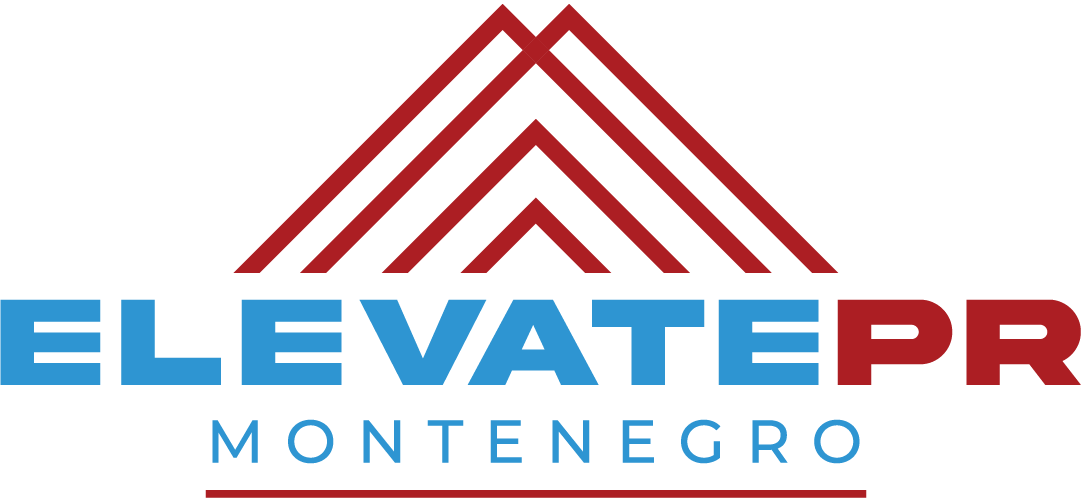Trade in the Western Balkans is fragmented by customs regimes, infrastructure bottlenecks, and regulatory inconsistencies. Montenegro is beginning to position itself as the region’s most efficient cross-border trading and distribution platform, especially as EU accession accelerates harmonisation.
Port of Bar: Underutilized potential
The Port of Bar is the only deep-sea commercial port in the region capable of handling larger vessel classes. Modernisation and EU-aligned customs systems enable:
- faster clearance
- bonded warehousing
- transit to Serbia, Kosovo, and Bosnia
- lower demurrage costs
- improved container handling
Montenegro’s coastline gives it leverage no other Western Balkan state possesses.
EU customs harmonisation → Regional trust
Montenegro’s alignment with EU customs, origin-of-goods frameworks, and phytosanitary rules gives traders a regulatory anchor in a region where informal practices remain common.
Companies distributing pharmaceuticals, electronics, automotive parts, medical devices, and industrial components are increasingly using Montenegro as a trusted customs node.
Sector-specific regional trade advantages
- Automotive parts & diagnostics equipment
Serbia and North Macedonia host assembly and processing plants → Montenegro acts as a compliant import/export gateway. - Agriculture, beverages & specialty foods
Montenegro’s EU-aligned standards help regional suppliers penetrate Croatia and Italy via controlled routes. - Consumer goods & appliances
Retail chains use Montenegro warehouses for last-mile distribution to the rest of the Western Balkans.
The strategic trend
Montenegro’s trade role grows as regional supply chains shift from east–west to north–south, driven by:
- reshoring pressures
- EU supply-chain diversification
- CEFTA and Open Balkan corridors
- green-lane creation for cross-border freight
Montenegro’s EU alignment gives Western Balkan traders the compliance foundation they need.
Elevated by www.mercosur.me


